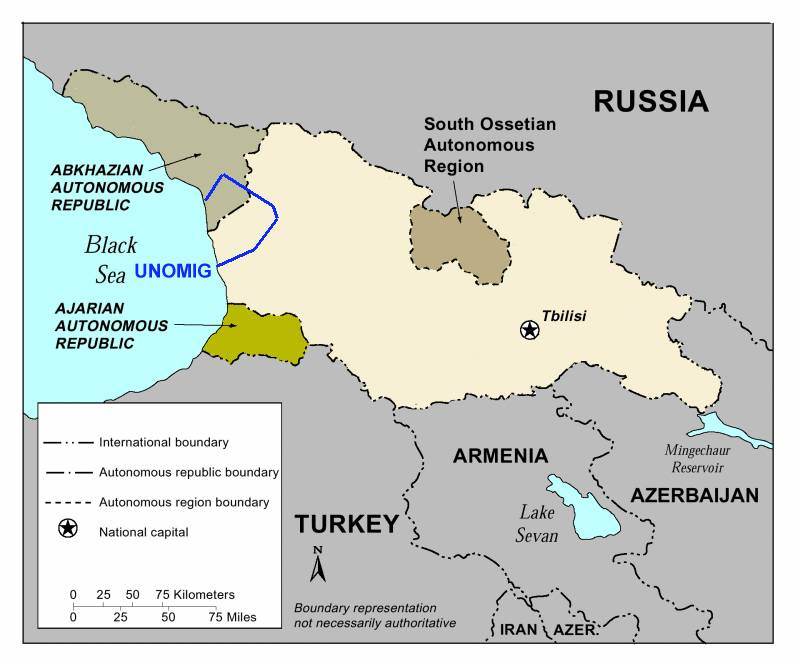Re: Armenian Georgian Relations
I'm good a little busy almost examns and how are you doing, and I know it's been long since we talked
Originally posted by Lernakan
View Post










Comment